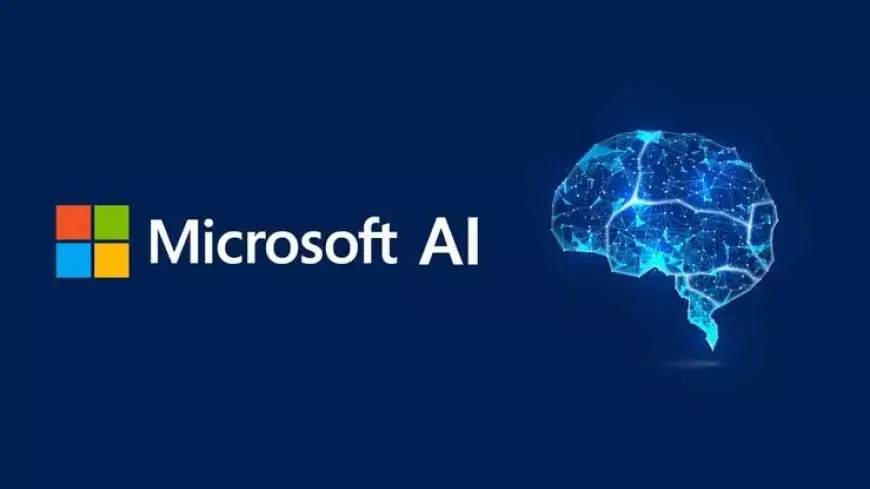Microsoft set to introduce security software utilizing generative AI amidst growing competition
Utilizing OpenAI's GPT-4 alongside Microsoft's proprietary AI models, Copilot for Security seamlessly integrates into Microsoft Defender XDR.

Microsoft has advanced further in its endeavor to incorporate generative AI capabilities into its range of enterprise offerings, unveiling the forthcoming launch of its Microsoft Copilot for Security platform.
Scheduled to debut on April 1, the service aims to enhance the abilities of cybersecurity experts in comprehending security threats and expediting the identification of security issues. Since November 2023, the platform has been available in public preview.
Vasu Jakkal, Microsoft's corporate vice president of security, remarked, "Copilot is informed by large-scale data and threat intelligence, including more than 78 trillion security signals processed by Microsoft each day, and coupled with large language models to deliver tailored insights and guide next steps."
Utilizing OpenAI's GPT-4 alongside Microsoft's proprietary AI models, Copilot for Security seamlessly integrates into Microsoft Sentinel and Microsoft Defender XDR.
Microsoft Sentinel serves as a platform enabling cybersecurity professionals to detect and pursue threats, while Microsoft Defender aids in safeguarding against and remedying attacks. Microsoft Security Copilot facilitates cybersecurity personnel in posing inquiries about threats and attacks, receiving responses based on whether and where potential attacks may target an enterprise's systems.
In addition to the public release of Copilot for Security, Microsoft has announced the introduction of new functionalities to the platform. These enhancements include the capability for users to generate their own prompts tailored to their businesses, integrate third-party software, and support prompts and responses in eight languages.
To strengthen its case for Copilot for Security, Microsoft is unveiling a new study indicating that cybersecurity professionals not only find Copilot beneficial but also express a desire to continue using it. According to the study, which focused on seasoned security experts, users were able to complete tasks 22% faster and with 7% greater accuracy while utilizing Copilot. Additionally, Microsoft reports that 97% of participants expressed an interest in using Copilot for future tasks.
Microsoft's Copilots, powered by generative AI, are currently accessible either in preview or for general use across various Microsoft software segments, spanning finance, customer relationship management, cloud computing, productivity tools, Windows 11, and more.
The overarching strategy for Microsoft involves integrating Copilots, or generative AI technology, into its entire product lineup, leveraging its substantial investments in OpenAI, the developer behind ChatGPT, over the course of several years and billions of dollars.
Microsoft initially gained an advantage in the generative AI competition through its collaboration with OpenAI, but competitors are swiftly catching up. In February, Alphabet's Google launched Gemini Business, a $20-per-month enhancement for its Gemini for Workspace productivity suite. Additionally, Google introduced Gemini Enterprise, priced at $30 per month, which offers advanced features like meeting summaries and transcriptions.
Recently, Salesforce announced two new healthcare programs leveraging its AI-powered Einstein Platform.
Amazon is also joining the fray with its own generative AI capabilities, intensifying the competition in the ongoing cloud rivalry between these tech giants.












































